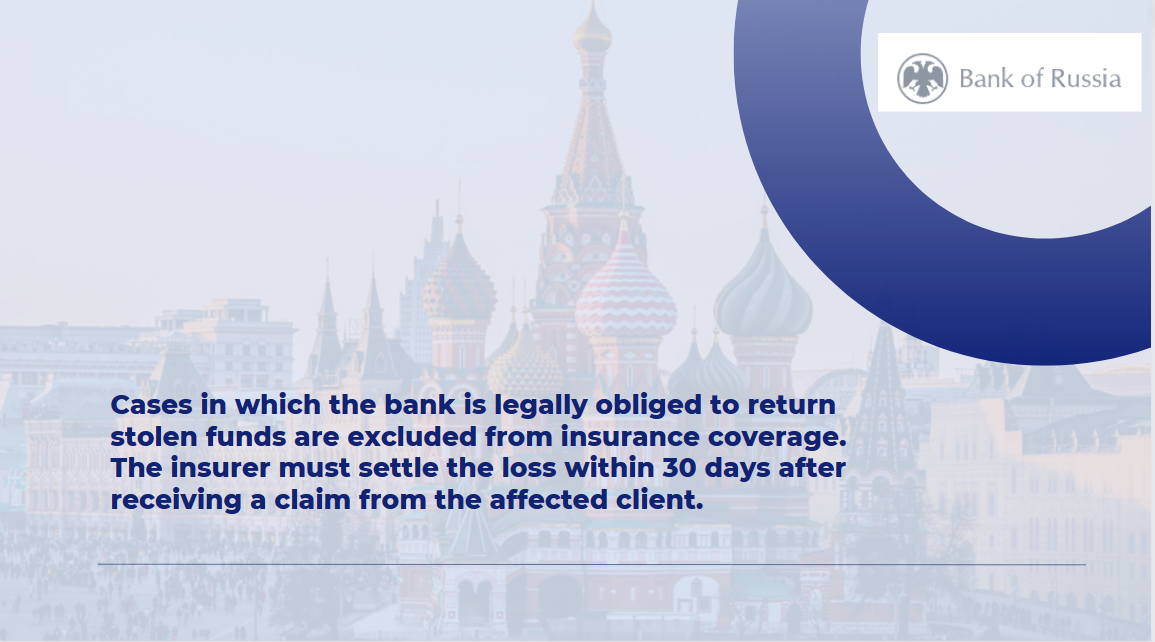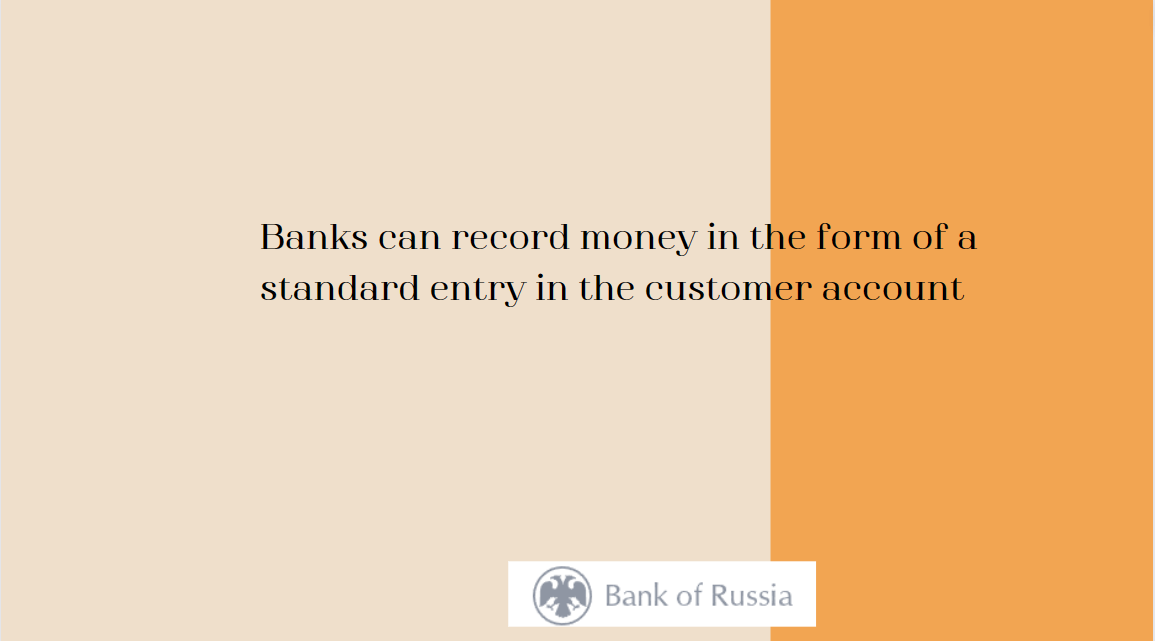Sber reaffirms its leadership in RBC's and NCR's ESG indexes
Sber is one of the highest ranking Russian companies in the ESG index compiled by RBC and the rating agency NCR, which put the bank in the top sustainability group with 460–800 points.
The final ESG score of each company is the sum of all three components — environmental (E), social (S), and corporate governance (G) — drawing on data from public sources and each company.
The bank stands out thanks to policies, procedures and measurable performance indicators put in place to manage the key industry-specific ESG risks, a high level of compliance with best practices, a mature risk management culture, a strong portfolio of responsible finance initiatives, and well-developed practices in the implementation of environmental measures.
Tatiana Zavyalova, senior vice president for ESG, Sberbank:
This is the second year Sber has received the highest ESG practice score in an independent index. A comprehensive approach to responsible finance portfolio management is particularly important: Sber has identified criteria for green, social and other sustainable credit products; developed a mechanism for assessing client performance against five risk levels; and adopted a Responsible Finance Policy. Our significant contribution to the acknowledgement of labor rights, social protection of staff, and large-scale implementation of volunteer, social, inclusive and charitable programs throughout the territory of our presence was duly noted. Conservation of natural resources, quality of corporate governance and other ESG parameters in total allowed us to achieve high ESG scores.
Andrei Piskunov, managing director, NCR:
Sber is ranking in the top tier for the second year straight, while maintaining high performance in all the three ESG components. When evaluating financial companies, the methodology takes into account classic indicators such as the presence of electronic document management or the use of energy-saving technology that help reduce carbon footprints, but also customer support measures to stimulate ESG transition and if a company has a responsible finance portfolio.
In the second edition of the ESG index, non-financial sector companies and financial institutions were divided into two separate subgroups to take into account the specific nature of the rating participants’ operations more accurately. A total of 111 questionnaires were selected for the final list, with 20 filled in by banks and insurance companies. In general, this year's ESG Index has demonstrated the continuing interest of domestic companies, especially large businesses, in the implementation of ESG principles.
This year’s ESG Index included Sberbank Life Insurance, SberInsurance, and SberNPF.























































First, please LoginComment After ~